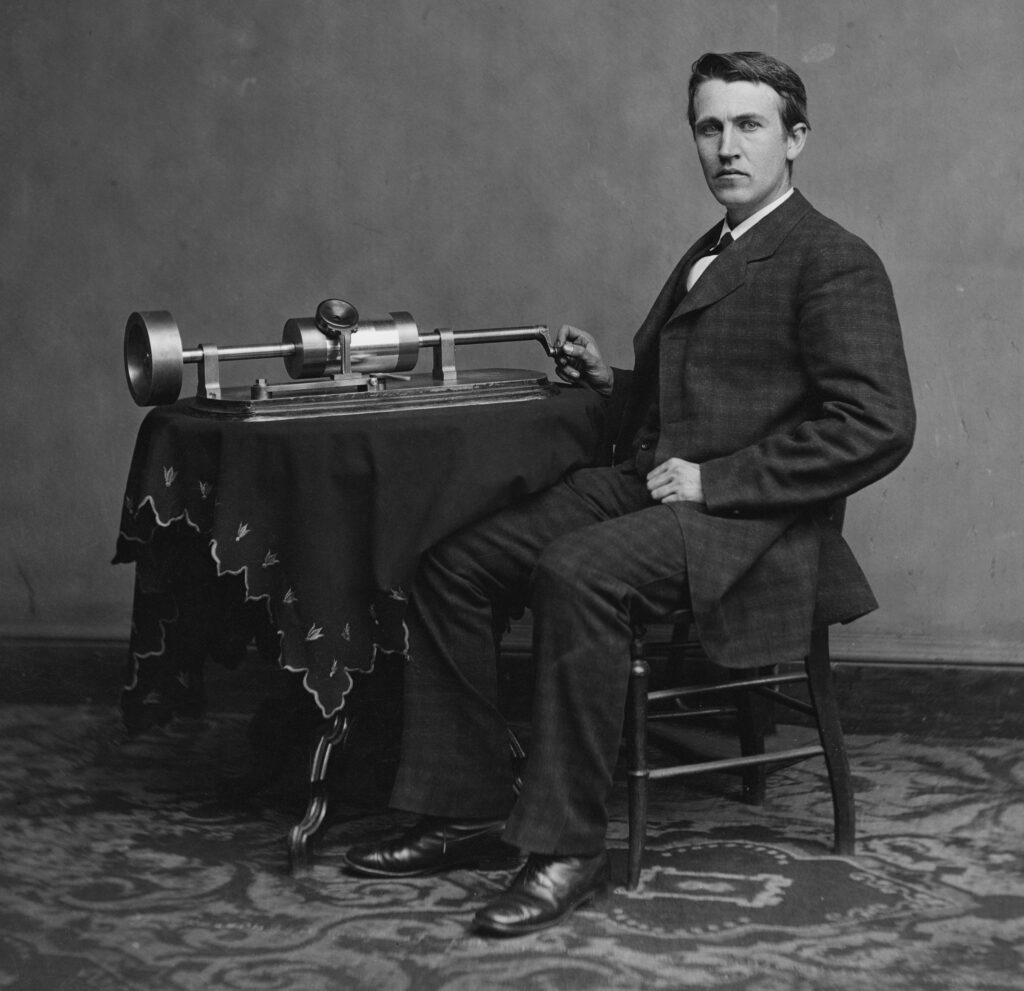Eugène Sue? Klemens von Metternich? Charles de Talleyrand? Otto von Bismarck? Susannah Frances Reynolds? Roman Proverb? Klingon Proverb? Anonymous?

Question for Quote Investigator: Individuals who seek revenge often find that careful planning and the elapse of time are required to obtain justice. The following proverb is popular with those who pursue vengeance. Here are four versions:
(1) Revenge is a dish best eaten cold
(2) Revenge is a dish best served cold
(3) Vengeance is best eaten cold
(4) Vengeance should be eaten cold
Would you please explore the provenance of this expression?
Reply from Quote Investigator: The earliest match known to QI appeared in the 1841 French novel “Mathilde: Mémoires D’une Jeune Femme” (“Matilda: Memoirs of a Young Woman”) by Eugène Sue. Boldface added to excerpts by QI:1
Si j’avais eu le courage de me battre avec Lancry, il me semble que je l’aurais tué, tant je le haïssais; mais je vous l’ai dit . . . je suis nerveux, j’ai attendu . . . Et puis la vengeance se mange très-bien froide, comme on dit vulgairement . . .
Here is one possible translation into English:
If I had had the courage to fight Lancry, it seems to me that I would have killed him, so much did I hate him; but I told you . . . I am nervous, I waited . . . And revenge is best eaten cold, as they say vulgarly . . .
The speaking character did not take credit for the saying; instead, he indicated that it was already in circulation. Thus, Eugène Sue helped to popularize the expression, but the creator remains anonymous.
Below are additional selected citations in chronological order.
Continue reading “Quote Origin: Revenge Is a Dish Best Eaten Cold”








